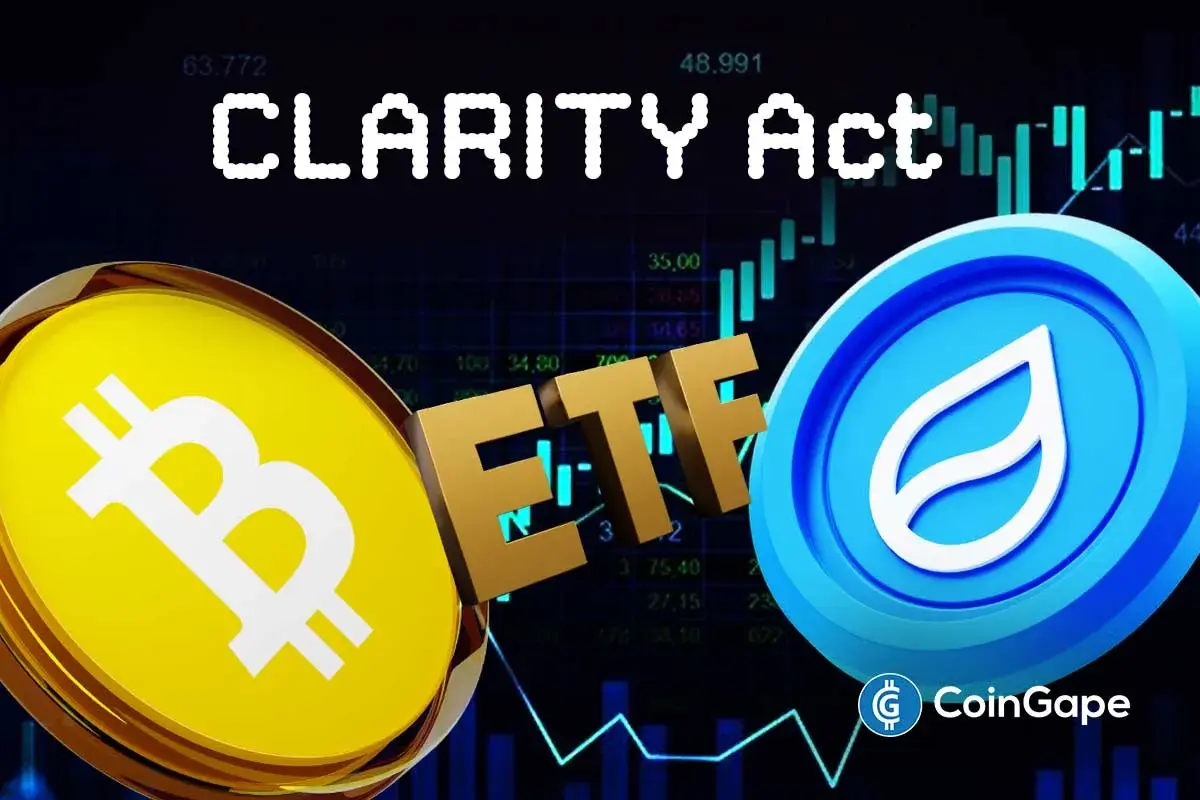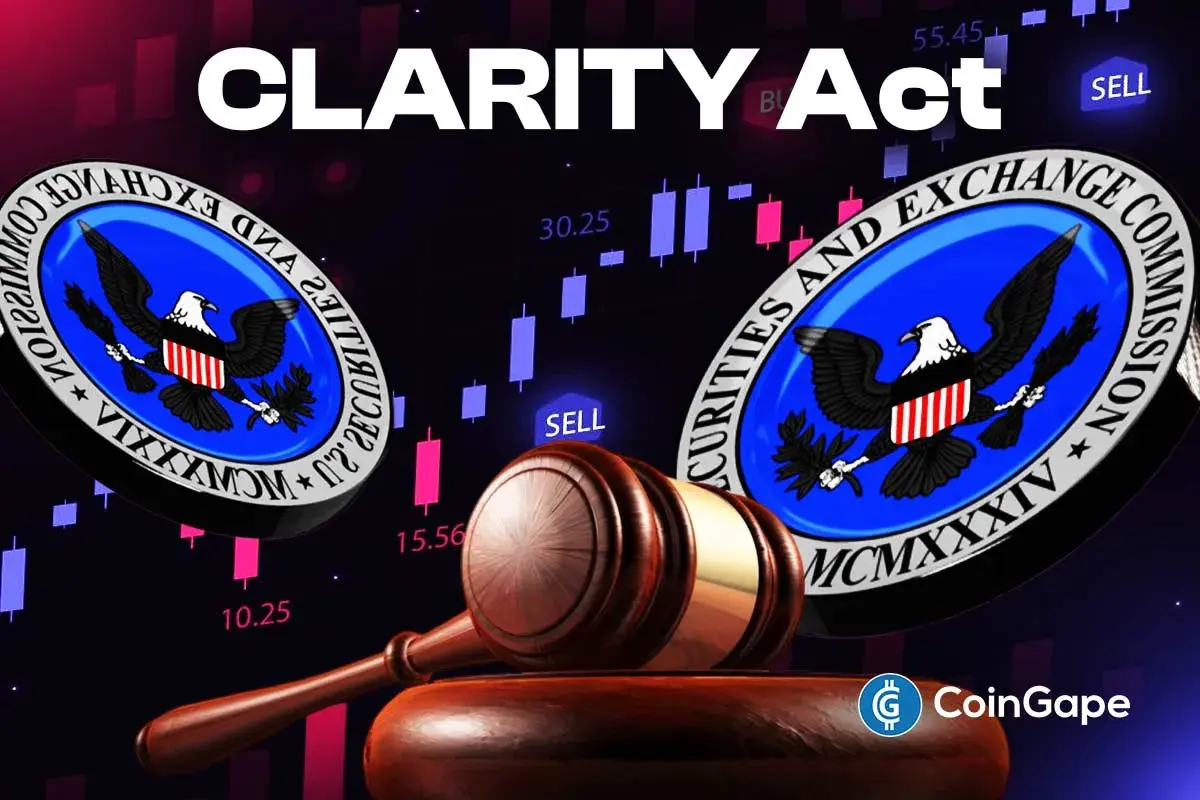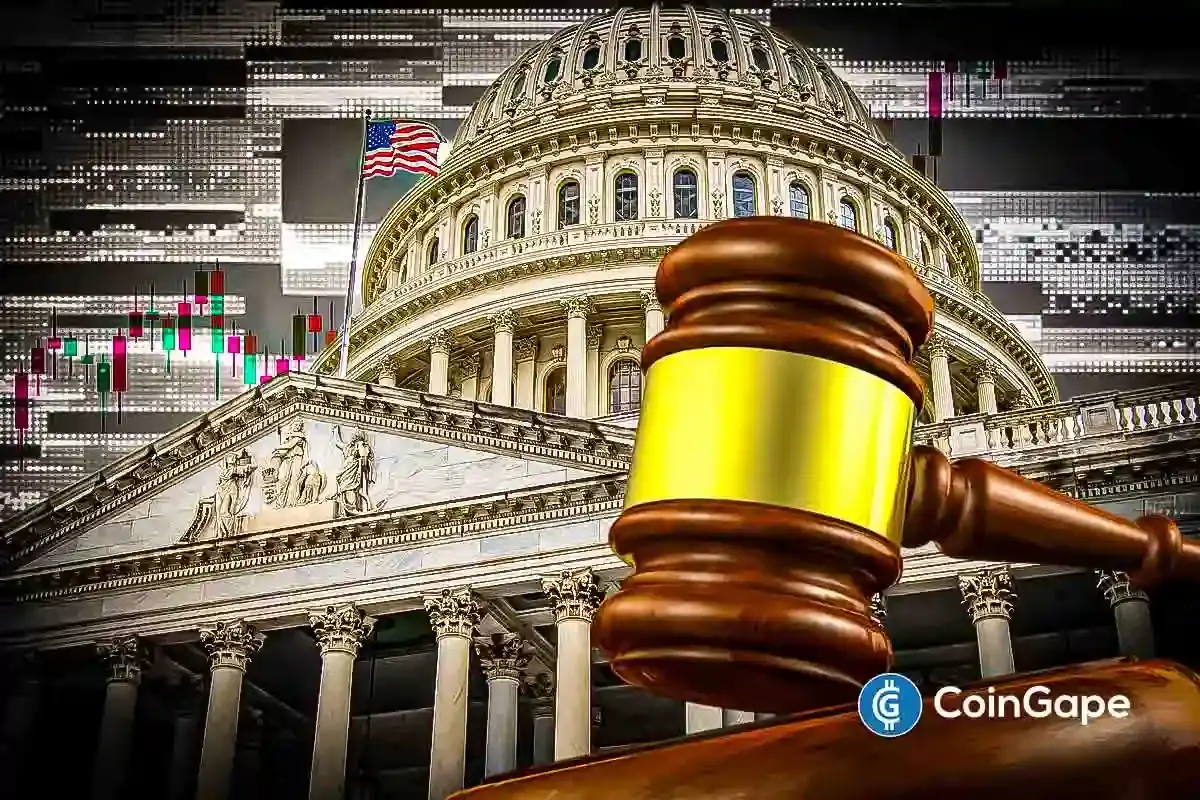South Korea To Limit Credit Card Use For Crypto Transactions

South Korea’s Financial Services Commission (FSC) has introduced an amendment to the Credit Finance Act, aiming to restrict credit card use in cryptocurrency transactions to prevent potential fund misuse and speculative activities. Meanwhile, the regulator’s primary objective is to prevent local citizens from purchasing cryptocurrencies on foreign exchanges, citing fears of illegal fund outflow, money laundering, and the promotion of speculative behavior.
South Korea FSC’s Crypto Purchase Restrictions
The proposed amendment, highlighted in the legislative notice, specifically targets the illegal outflow of domestic funds overseas through card payments on virtual asset exchanges. Notably, the FSC acknowledges concerns related to money laundering and speculative activities, prompting the decision to broaden the scope of prohibited credit card payments.
In addition, the regulator emphasized that virtual assets, as defined in the “Act on the Protection of Virtual Asset Users,” will be deemed prohibited for payment. The move aims to align with international standards and foster cooperation with global brands, potentially strengthening measures against foreign currency outflow and enhancing the policies related to anti-money laundering (AML).
Meanwhile, the FSC invites public opinions on the proposed amendment until February 13, 2024, with expectations of implementation in the first half of the same year.
Also Read: US SEC Argues Terra Ruling Relevant In Binance, Binance.US, CZ Lawsuit
Public Feedback and Implementation Timeline
South Korean citizens, organizations, or entities with opinions on the amendment have the opportunity to submit their feedback online through the Center for Participatory Legislation. In other words, the FSC encourages stakeholders to contribute their perspectives, ensuring a comprehensive consideration of diverse viewpoints.
Notably, the regulatory body aims to review and vote on the proposed amendment swiftly, with an anticipated implementation timeline in the first half of 2024.
Meanwhile, in another recent development in the country’s crypto landscape, South Korea’s National Tax Service has clarified its stance on virtual assets, providing much-needed clarity for decentralized crypto wallet holders. Notably, the National Tax Service announced that individuals holding virtual assets through non-custodial, decentralized wallets, including cold wallets, will not be subject to overseas financial account reporting.
Also Read: XRP Price Dips Amid Whale’s 47.5 Mln XRP Selloff Saga, What’s Happening?
- Bitcoin vs Gold Feb 2026: Which Asset Could Spike Next?
- Top 3 Reasons Why Crypto Market is Down Today (Feb. 22)
- Michael Saylor Hints at Another Strategy BTC Buy as Bitcoin Drops Below $68K
- Expert Says Bitcoin Now in ‘Stage 4’ Bear Market Phase, Warns BTC May Hit 35K to 45K Zone
- Bitcoin Price Today As Bulls Defend $65K–$66K Zone Amid Geopolitics and Tariffs Tensions
- COIN Stock Price Prediction: Will Coinbase Crash or Rally in Feb 2026?
- Shiba Inu Price Feb 2026: Will SHIB Rise Soon?
- Pi Network Price Prediction: How High Can Pi Coin Go?
- Dogecoin Price Prediction Feb 2026: Will DOGE Break $0.20 This month?
- XRP Price Prediction As SBI Introduces Tokenized Bonds With Crypto Rewards
- Ethereum Price Rises After SCOTUS Ruling: Here’s Why a Drop to $1,500 is Possible


















